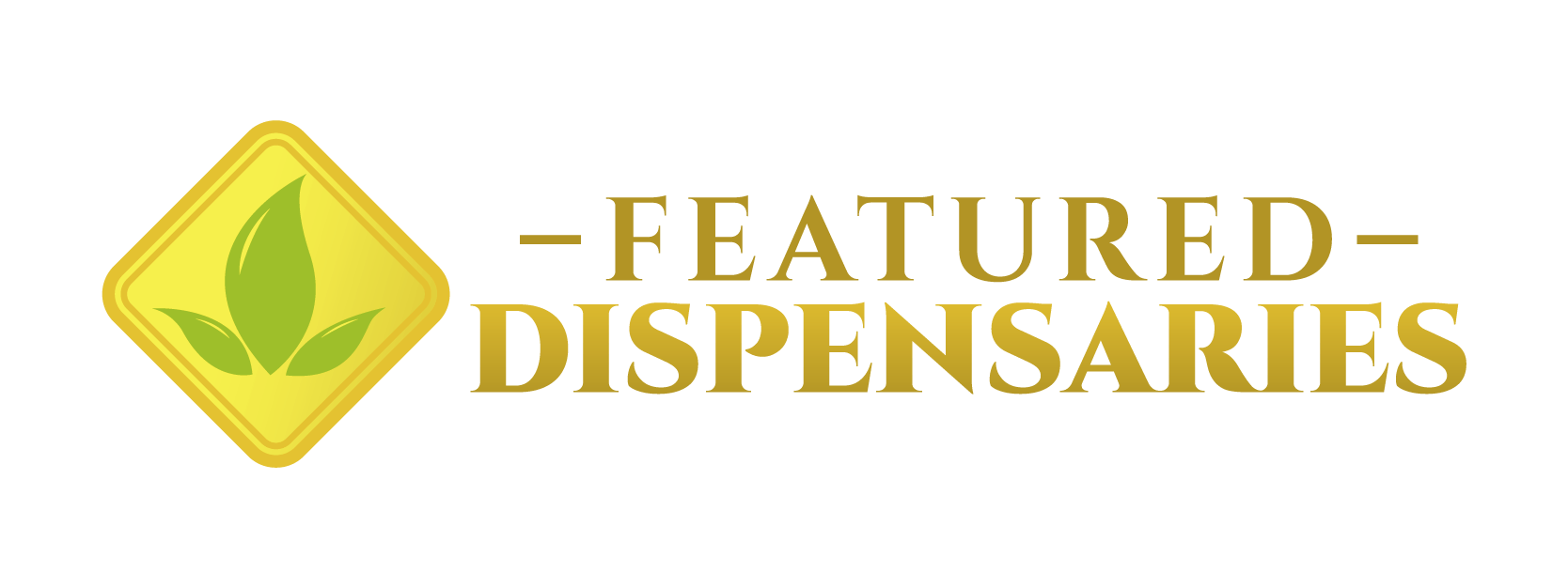On March 17, 2025, lawmakers in North Carolina introduced House Bill 413 (H.B. 413), formally known as the “Marijuana Legalization and Reinvestment Act.” This proposed legislation seeks to legalize and regulate cannabis for adult use, allowing individuals 21 years and older to purchase, possess, and cultivate marijuana legally.
Key Elements of H.B. 413
Personal Possession and Home Cultivation
If passed, adults 21 and over would be permitted to legally possess up to two ounces of cannabis, 15 grams of concentrated cannabis, or cannabis-infused products containing no more than 2,000 milligrams of THC. The bill also allows for home cultivation, enabling individuals to grow up to six marijuana plants, provided no more than three are mature at any given time.
Licensing and Industry Oversight
The legislation outlines a comprehensive framework for the cannabis industry, covering cultivation, product manufacturing, laboratory testing, retail sales, delivery services, and designated consumption spaces. The North Carolina Department of Public Safety would be responsible for overseeing business registration and regulatory compliance.
Cannabis Taxation
A proposed 30% excise tax would be placed on cannabis sales, with local governments having the option to implement an additional tax of up to 2%. Medical cannabis patients registered with the state would be exempt from these taxes, ensuring affordability for those who use marijuana for health reasons.
Allocation of Tax Revenue
Revenue generated from cannabis sales would be distributed across multiple state programs, including:
- Community Reinvestment and Repair Fund (25%) – Intended to assist communities negatively impacted by previous cannabis laws by addressing economic disparities, unemployment, and social inequities.
- Cannabis Education and Technical Assistance Fund (25%) – Funds programs designed to educate the public on responsible cannabis use and provide training for individuals looking to enter the cannabis industry.
- Substance Abuse Treatment and Prevention Fund (10%) – Supports programs focused on addiction treatment and substance abuse prevention efforts.
- Cannabis Enterprise Fund (10%) – Offers interest-free loans and grants to marginalized communities to encourage equitable business opportunities in the cannabis sector.
- General Fund (30%) – The remaining portion of tax revenue would go toward the state’s general budget to fund various government initiatives.
Criminal Record Expungement
A major component of H.B. 413 is the automatic expungement of certain past cannabis-related convictions. By July 1, 2028, records for offenses that would no longer be considered crimes under the new law would be cleared, giving many individuals a fresh start.
Potential Impact on North Carolina Residents
Legal Cannabis Access
Should the bill be enacted, adults would no longer have to rely on the illegal market to obtain cannabis, ensuring safer and regulated access to marijuana products.
Economic Growth and Job Creation
The cannabis industry is expected to generate employment opportunities across various sectors, including cultivation, retail, and related services, stimulating economic growth in the state.
Community Development
A significant portion of tax revenue would be reinvested in communities disproportionately harmed by past drug policies, with potential benefits ranging from improved infrastructure to increased public service funding.
Public Health Considerations
The bill allocates funds to substance abuse prevention and treatment programs, acknowledging concerns about the potential effects of widespread cannabis availability.
Addressing Social Injustices
The inclusion of automatic expungement provisions aims to correct past disparities in cannabis enforcement, allowing individuals with prior convictions to access better job, housing, and educational opportunities.
Legislative Status and Next Steps
H.B. 413 has been introduced and assigned to the House Committee on Rules, Calendar, and Operations for review. The next stages involve committee discussions, potential modifications, and legislative votes. If approved, the bill will be sent to the governor for final authorization.
This proposed measure represents a significant shift in North Carolina’s stance on cannabis, aligning the state with a growing national trend toward legalization and regulation. As lawmakers continue to deliberate, residents are encouraged to stay engaged in the legislative process and communicate with their elected representatives.
